In the November 2024 Civil Engineering Board exams, three Thomasians...
Read More
Announcements

Bachelor of Science in Civil Engineering (4 years)
The Bachelor of Science in Civil Engineering (CE) Program enables aspiring engineers to develop thinking, collaborative, and technical skills for solving complex civil engineering problems and to learn how to assimilate new knowledge needed for the design, construction, and maintenance of roads, bridges, buildings, water supply, irrigation, flood control, ports, and other infrastructure while considering impact in various contexts. The UST CE Program prepares individuals to engage in any field of civil engineering and, moreover, educates them in any of these specialized fields: Construction and Management Engineering, Geotechnical Engineering, Structural Engineering, Transportation Engineering, and Water Resources Engineering. All graduates imbibe the Thomasian Graduate Attributes that warrant their productivity and ethical participation in society and nation-building through academe, research, and industry practice.
The Bachelor of Science in Civil Engineering program is accredited by the Engineering Accreditation Commission of ABET, under the commission’s General Criteria and Program Criteria for Civil and Similarly Named Engineering Programs.
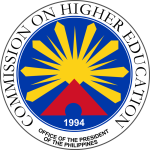
Center of Development

PAASCU (FAAP)
Reaccredited

PTC ACBET
Assessed
The Department of Civil Engineering envisions itself as a leading institution in learning, research, and extension service in the field of civil engineering using prominent approaches to produce globally competent, committed and compassionate professionals.
The Civil Engineering Department of the Faculty of Engineering, University of Santo Tomas, inspired by St. Thomas Aquinas and under the patronage of Blessed Jordan of Saxony commits itself to the pursuit of truth and the formation of competent Civil Engineers imbued with Christian Values essential for the development of the Community, the Country, the Church and the World.
In the November 2024 Civil Engineering Board exams, three Thomasians...
Read MoreEngr. John Paul “JP” Pe, BS Civil Engineering Alumnus Class...
Read More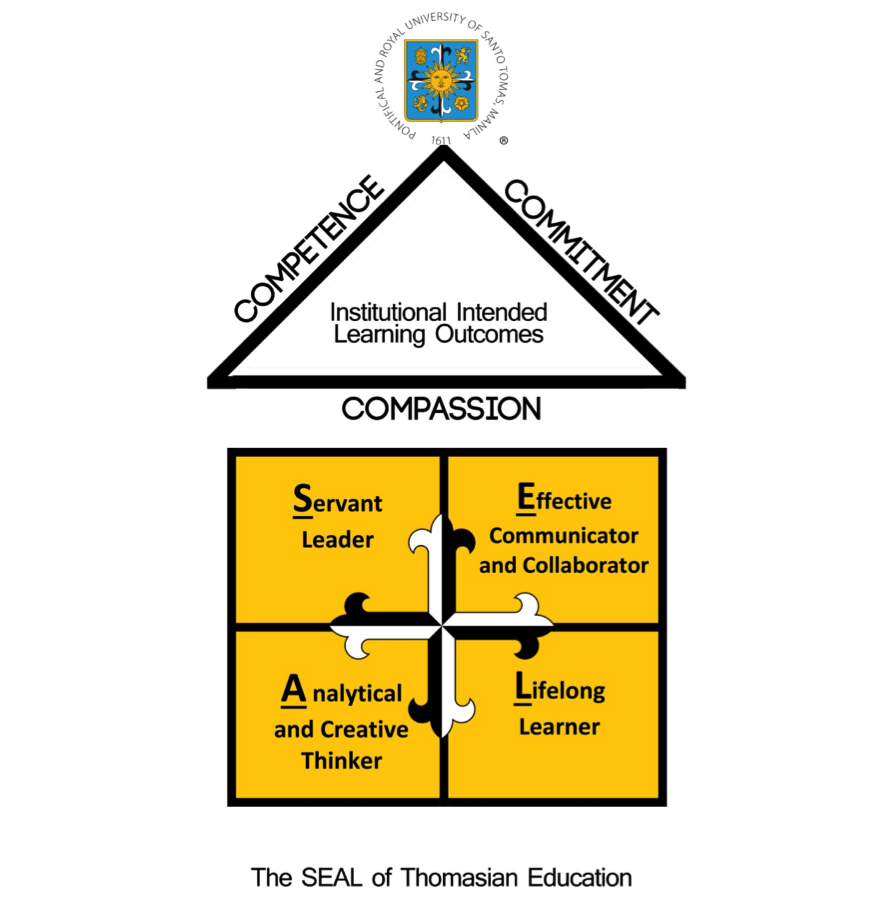
The University of Santo Tomas, in pursuit of truth, guided by reason and illumined by faith, dedicates herself to the generation, advancement, and transmission of knowledge to form competent and compassionate professionals committed to the service of the Church, the nation, and the global community.
I am a Thomasian. I carry the SEAL of Thomasian education. I am a Servant leader, an Effective communicator and collaborator, an Analytical and creative thinker, and a Lifelong learner. With Christ at the center of my formation as a Thomasian, I am expected to demonstrate the following Thomasian Graduate Attributes (ThoGAs):
SERVANT LEADER
EFFECTIVE COMMUNICATOR AND COLLABORATOR
ANALYTICAL AND CREATIVE THINKER
LIFELONG LEARNER
Effective for Cohort 2025 (AY 2025-2026 intake)
Within five years of graduation, holders of the degree of Bachelor of Science in Civil Engineering from the University of Santo Tomas shall:
PEO 1 – Exhibit contemplative, creative, and critical thinking skills grounded in technical competence and communicated effectively to persons from all walks of life
PEO 2 – Undertake leadership roles in the industry, academe, business, or public service sector
PEO 3 – Demonstrate exemplary moral, legal, and professional ethics to protect the society and the environment
PEO 4 – Contribute to the improvement of society, aid of people in need; and service of the nation and the global community
PEO 5 – Engage in lifelong learning for professional development responsive to the changing times
Effective for Cohort 2015 (AY 2015-2016 intake) to Cohort 2024 (AY 2024-2025 intake)
Within five years of graduation, holders of the degree of Bachelor of Science in Civil Engineering from the University of Santo Tomas shall be engaged either locally or abroad in the following areas of practice: Structural Engineering; Geotechnical Engineering; Water Resources Engineering; Environmental Engineering; Transportation Engineering; Highway Engineering; Urban and Regional Planning; Construction Management; or pursuing research or entrepreneurship after advanced studies or special training.
Furthermore, they shall be expected to imbibe the following traits: contemplative creative and critical thinking, exemplary work ethic; and a commitment to improve society and to lifelong learning.
*Cohort refers to the year of entry of students.
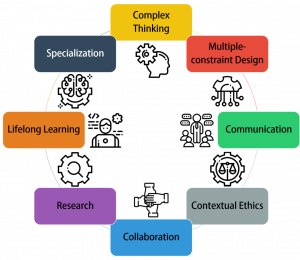
Equivalent to Program Intended Learning Outcomes
Effectivity: A.Y. 2019-2020
By the time of graduation, the students of the Program shall have the ability to:
SO-1. identify, formulate, and solve complex engineering problems by applying principles of engineering, science, and mathematics
SO-2. apply engineering design to produce solutions that meet specified needs with consideration for public health, safety, and welfare, as well as global, cultural, social, environmental, and economic factors
SO-3. communicate effectively with a range of audiences
SO-4. recognize ethical and professional responsibilities in engineering situations and make informed judgements, which must consider the impact of engineering solutions in global, economic, environmental, and societal contexts
SO-5. function effectively on a team whose members together provide leadership, create a collaborative and inclusive environment, establish goals, plan tasks, and meet objectives
SO-6. develop and conduct appropriate experimentation, analyze and interpret data, and use engineering judgement to draw conclusions
SO-7. acquire and apply new knowledge as needed, using appropriate learning strategies
SO-8. (For Class of 2022 and onwards) analyze and explain specialized engineering concepts unique to the professional practice of a particular civil engineering discipline
The Civil Engineering Program formed an Industry Advisory Committee in November 2014 to assist the program in the assessment and evaluation of the realization of Program Educational Objectives and the Student Outcomes. The program regularly asks feedback from them on current trends in the industry, and updates in technological development in their respective areas of expertise. Such feedback guides the program in updating the course contents in the course syllabi for fundamental and professional civil engineering courses as well as for elective courses.
Moreover, the UST CE Department collects survey data to assess the attainment of the PEOs through the Alumni Survey and the Employers Survey. The assessment data from these surveys are presented to the members of IAC through consultative meetings for their feedback.
Engr. Robert B. Henson (President, Hilmarc’s Construction Corporation)
Engr. Carlos M. Villaraza (Former President, Association of Structural Engineers of the Philippines)
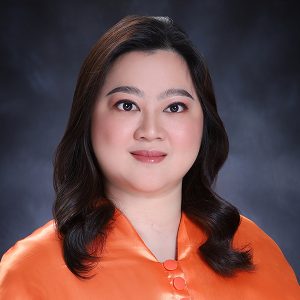
Asst. Prof. Maria Sharlene Insigne-Cabel, MSc
Master of Science in Urban and Transportation Engineering
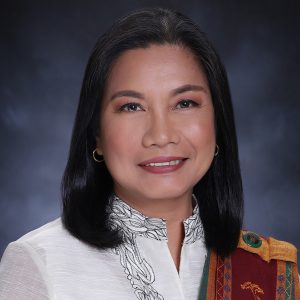
Assoc. Prof. Dolores S.D. Cleofas, PhD, ASEAN Engr.
Doctor of Philosophy in Civil Engineering
Doctor of Educational Management

Engr. John Paul P. Corpuz
Bachelor of Science in Civil Engineering
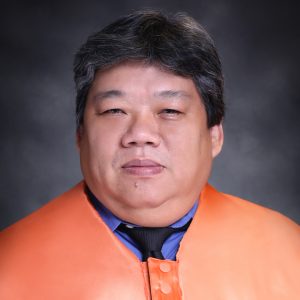
Assoc. Prof. Peter S. Lim, MSCE, MBA, MABE
Master of Science in Civil Engineering
Master of Science in Civil Engineering, major in Geotechnical Engineering
Master in Business Administration
Master in Applied Business Economics
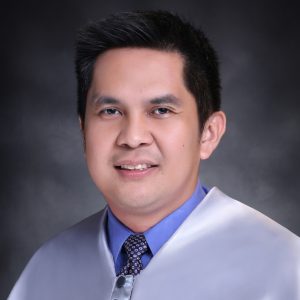
Asst. Prof. Mark Elson C. Lucio, MSCE
Master of Science in Civil Engineering, major in Structural Engineering

Engr. Mark Paolo D. Mission, MSc
Bachelor of Science in Civil Engineering
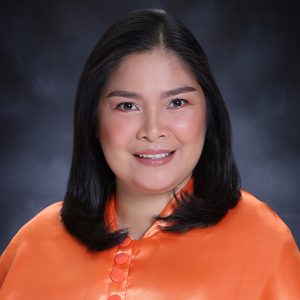
Assoc. Prof. Christabel Jane P. Rubio, PhD
Doctor of Philosophy in Civil and Environmental Engineering

Asst. Prof. Alex A. Santos, DTech
Doctor of Technology
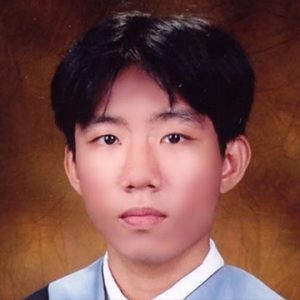
Engr. Raymond Fran C. Siao, MSCE
Master of Science in Civil Engineering major in Geotechnical Engineering
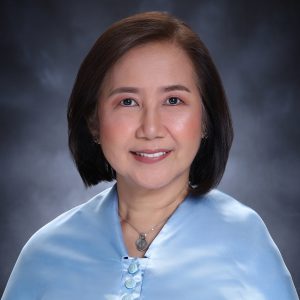
Asst. Prof. Maria Victoria C. Viray, MME, MA
Master of Mathematics Education
Master of Arts in Higher Religious Studies